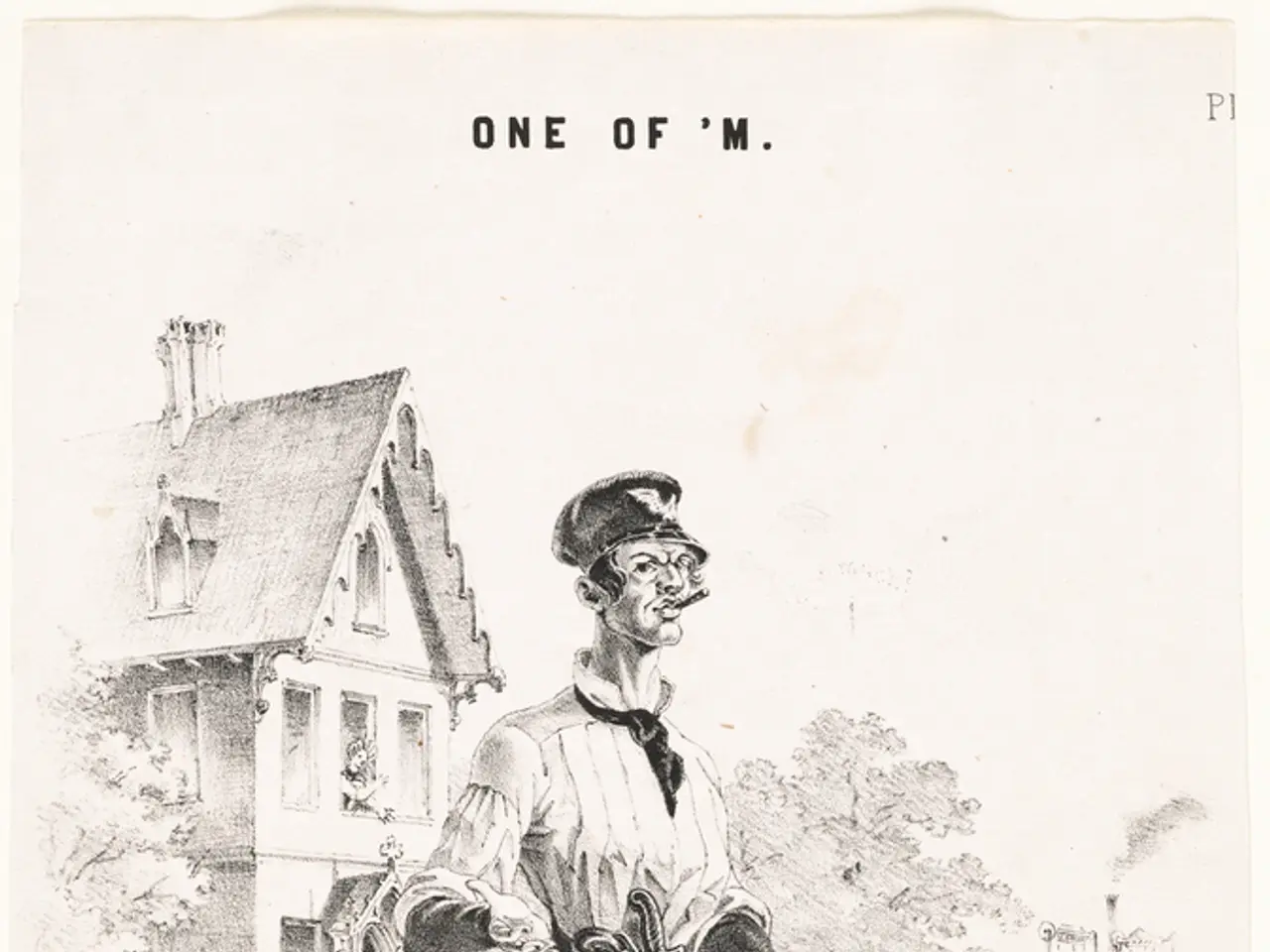Philosophical Clash in Albert Camus' The Stranger: Absurdism vs Existentialism
Albert Camus' novel, The Stranger, is a seminal work of literature that delves into existential themes, particularly through the lens of absurdism. Set against the backdrop of colonial Algeria, the story follows Meursault, a protagonist with a detached and morally ambiguous outlook, who becomes embroiled in a senseless act of violence.
Absurdism, a philosophical concept, challenges traditional notions of meaning and purpose, positing that the universe is inherently devoid of intrinsic meaning or purpose. In The Stranger, absurdism presents freedom as a liberating yet ultimately futile pursuit in a world devoid of inherent meaning. Meursault's embrace of freedom is tinged with the acknowledgment of life's absurdity, highlighting the existential ambiguity inherent in the pursuit of personal autonomy.
Meursault embodies the essence of absurdism through his profound indifference towards societal norms and moral conventions. His indifferent reaction to his mother's death and his detached approach to life highlight acceptance of life's inherent meaninglessness and rejection of societal and religious conventions. This differs from existentialism, which emphasizes the importance of personal agency in creating meaning and purpose in a seemingly meaningless world.
The absurdity of Meursault's trial highlights the irrationality of human judgment and the arbitrary nature of justice in a world devoid of inherent meaning. His ultimate acceptance of the absurd—refusing to seek comfort in religion or social norms even when facing death—dramatizes absurdism through Meursault’s emotional detachment.
While Camus is sometimes linked to existentialism, he disliked the label and critiqued certain existentialist thinkers like Sartre, contrasting their focus on history and personal meaning with his emphasis on freedom within the absurd. Camus agreed with existentialists that life lacks inherent meaning but rejected their pursuit of personal meaning, advocating instead for rejoicing in life’s experiences despite absurdity.
The Stranger also reflects the existential experience of individual isolation in a seemingly indifferent universe, exploring themes of Alienation and Isolation. Meursault's profound sense of detachment from the world around him underscores the existential alienation that accompanies the human condition.
Meursault's confrontation with the absurdity of human existence prompts a profound existential crisis, as he grapples with the absurdity of his own existence and the futility of searching for meaning in a world devoid of inherent purpose. Absurdism responds to existential crisis with a sense of defiance and rebellion against despair. Meursault's refusal to conform to societal norms and his acceptance of the absurdity of existence serve as a form of existential revolt against the inherent meaninglessness of life.
Albert Camus' writing style in The Stranger reinforces the themes of absurdism present throughout the novel. Throughout the narrative, Camus intersperses moments of absurdity that challenge conventional logic and rationality, underscoring the irrationality of human existence while emphasizing the importance of acceptance and defiance in the face of the absurd.
In summary, The Stranger serves as a literary exploration of Camus’s absurdism: it shares existentialism’s concern with meaning and human freedom but rejects existentialist solutions, embracing instead a lucid acceptance of absurdity and living authentically within it.
- The philosophical concept of absurdism, as depicted in The Stranger, presents freedom as a liberating yet futile pursuit in a world devoid of inherent meaning.
- Meursault's indifferent reaction to societal norms and moral conventions, including his detached approach to life and his acceptance of life's inherent meaninglessness, embodies the essence of absurdism.
- The absurdity of Meursault's trial emphasizes the irrationality of human judgment and the arbitrary nature of justice, further underscoring the philosophical concept of absurdism.
- Meursault's refusal to conform to societal norms and his acceptance of the absurdity of existence serve as a form of existential revolt against the inherent meaninglessness of life, aligning with absurdism's response to existential crisis.
- Camus' writing style in The Stranger reinforces the themes of absurdism by interspersing moments of absurdity that challenge conventional logic and rationality, thereby emphasizing acceptance and defiance in the face of the absurd.








